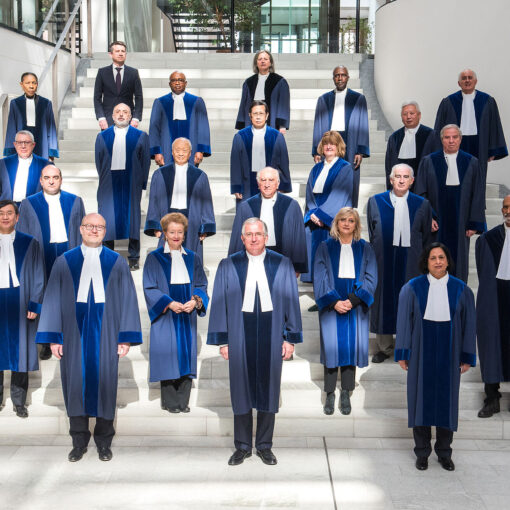
Last week, the Sabin Center submitted comments to the United Nations Framework Convention on Climate Change (UNFCCC) Secretariat on the rules and modalities that will govern the new climate finance tool created under Article 6 of the Paris Agreement, the Sustainable Development Mechanism (SDM). We urged the UNFCCC to introduce safeguards to ensure that human rights will be respected throughout the implementation and operation of SDM-funded projects.
It is now well documented that some of the projects financed by the Clean Development Mechanism (the SDM’s predecessor) and other climate finance tools have resulted in human rights violations. The most egregious violations have occurred in the context of hydroelectric projects, which often result in forced displacement, and biofuel projects, which can lead to displacement as well as increases in local air pollution, food shortages, labor violations, and a host of other problems for local communities. Several examples of projects that have failed to respect human rights are highlighted on the Carbon Market Watch website.
Similar violations could occur in the context of SDM-funded projects if the SDM rules and modalities do not require project developers and local authorities to fully respect the human rights of the people who are affected by these projects. The rights that must be respected include procedural rights, such as the right to information about the project and participation in decision-making processes, as well as substantive rights, such as the right to health. Unfortunately, the provisional agendas for the Marrakesh Conference do not currently include any mention of developing safeguards for the SDM or otherwise protecting human rights in this context.
Our comment letter discusses the importance of introducing SDM safeguards with reference to these past violations. It also describes the merits and shortfalls of safeguards that have been adopted for existing financial mechanisms, such as the Clean Development Mechanism, the Green Climate Fund, and the Adaptation Fund. The letter concludes with a list of recommendations describing how the UNFCCC can draw from and improve upon these existing programs to create a robust set of environmental and social safeguards to protect human rights in the context of SDM-funded projects. The recommendations are after the jump.
We recommend that the SDM safeguards:
- Explicitly recognize, incorporate, and build upon human rights law and international labor standards;
- Commit to a “no harm” approach whereby SDM funds are only used to finance projects that fully respect the human rights of affected people and communities;
- Require project proponents to disclose information about the project and accept input from affected communities and individuals at the earliest possible point in the project planning process, and to sustain an ongoing dialogue with the public throughout project development and implementation;
- Require project proponents to avoid adverse effects on people and the environment wherever possible, and to implement measures to mitigate any adverse effects that cannot be avoided;
- Require community participation in the determination of proper mitigation measures;
- For projects with potentially adverse impacts on indigenous people, require project proponents to obtain FPIC from those people;
- For projects that result in displacement of persons or communities, require the project proponent to offer resettlement opportunities, financial compensation, and other services as may be necessary to fully mitigate adverse effects on displaced persons and host communities;
- Require periodic monitoring and reporting on compliance with environmental and social safeguards, preferably through a third party verifier; and
- Provide an independent grievance mechanism whereby parties that are harmed by SDMfunded projects can submit a complaint and request redress for those harms.
The comment letter is available here. For additional information on the nexus between climate finance and human rights, check out the report we prepared for the United Nations Environment Programme (UNEP) in 2015: Climate Change and Human Rights.


